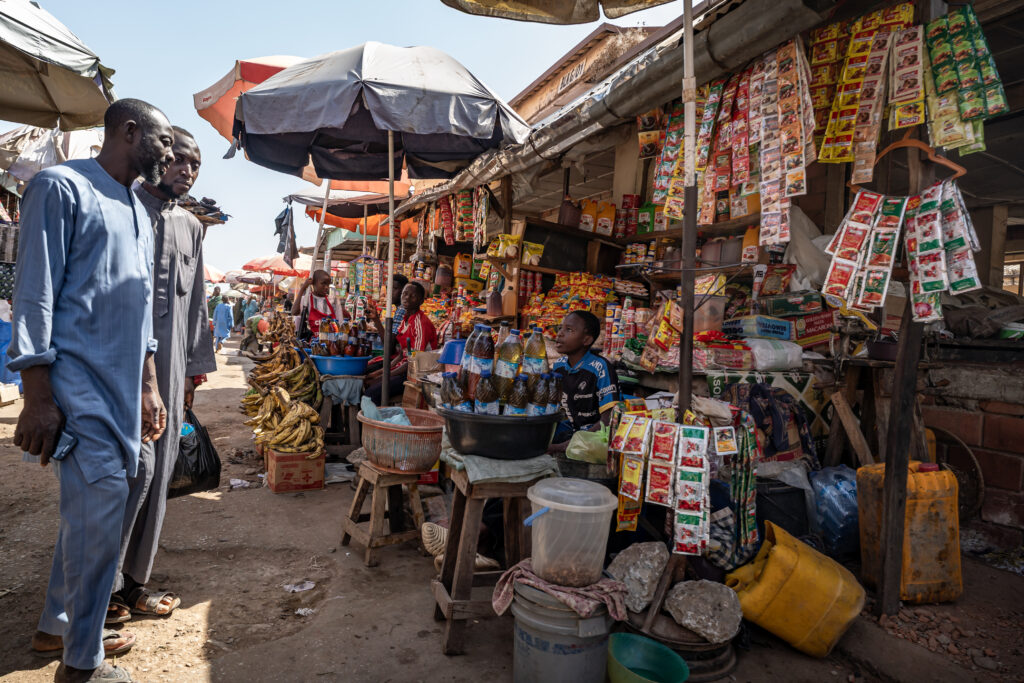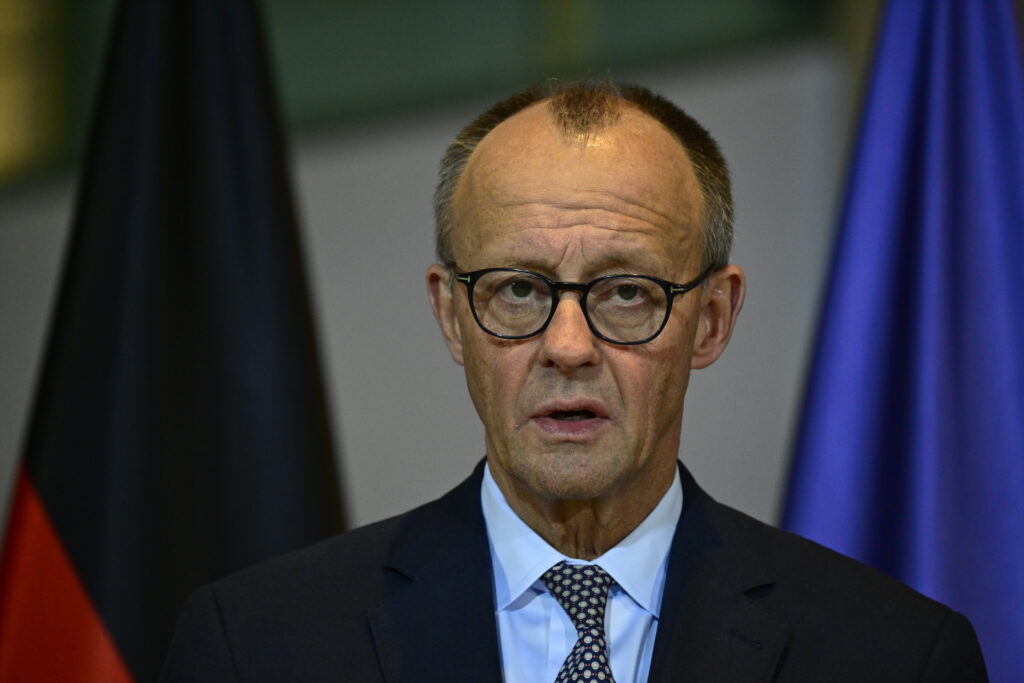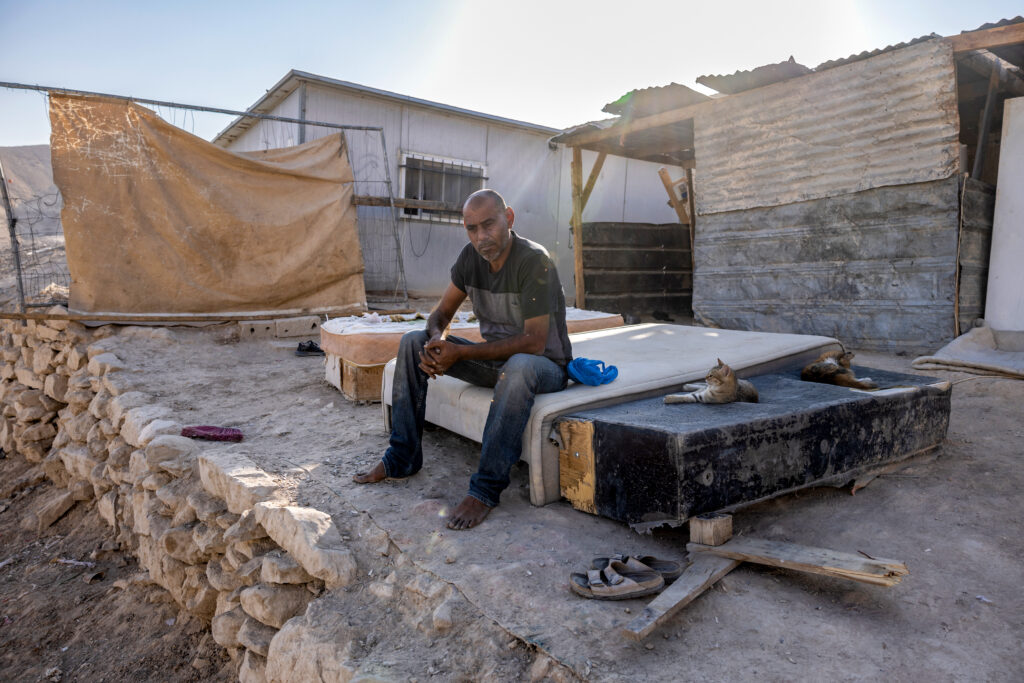Le chancelier allemand Friedrich Merz a appelé samedi, peu avant d’entamer sa première visite en Israël, le président palestinien Mahmoud Abbas à mettre en oeuvre des “réformes urgemment nécessaires” pour pouvoir “jouer un rôle constructif” dans la bande de Gaza après la guerre.Dans la conversation téléphonique qu’il a eue avec M. Abbas, M. Merz a parallèlement dénoncé “l’augmentation massive de la violence des colons contre les civils palestiniens” en Cisjordanie occupée, a déclaré le porte-parole du gouvernement allemand Stefan Kornelius.Il a par ailleurs salué “l’attitude coopérative” de l’Autorité palestinienne vis-à-vis du plan de paix de Donald Trump et réitéré le soutien de Berlin à une solution à deux Etats, selon la même source.Son déplacement à partir de samedi soir en Israël donne l’occasion à l’Allemagne de consolider ses relations privilégiées avec ce pays, malgré les récentes prises de distance en réaction à l’offensive dans la bande de Gaza ou aux violences en Cisjordanie.- Une relation “étroite” -Après une escale de deux heures à Aqaba, en Jordanie, où il rencontrera le roi Abdallah II, Friedrich Merz passera une soirée et une journée à Jérusalem. Il y évoquera dimanche matin avec Benjamin Netanyahu les efforts pour aboutir à une deuxième phase du cessez-le-feu dans la bande de Gaza, près de deux mois après son entrée en vigueur.Un événement notable vu l’isolement international du Premier ministre israélien, conséquence des deux ans d’offensive israélienne dans ce territoire palestinien.Malgré cela, “la relation germano-israélienne est intacte, étroite, empreinte de confiance”, a affirmé vendredi Sebastian Hille, un porte-parole du chancelier.En raison de sa responsabilité historique dans la Shoah, l’Allemagne est l’un des plus grands soutiens d’Israël. Dimanche, M. Merz doit aussi aller au mémorial Yad Vashem pour honorer la mémoire des victimes juives des nazis.Mais, ces derniers mois, le ton de Berlin à l’égard d’Israël s’est durci à mesure que la situation humanitaire dans la bande de Gaza se détériorait de manière dramatique.En août, le chancelier allemand avait provoqué un petit séisme politique en décrétant un embargo partiel sur les exportations d’armes de son pays vers Israël, face l’intensification des opérations israéliennes dans ce territoire palestinien.- “Obstacle” à la paix -La trêve dans la bande de Gaza a permis à l’Allemagne de lever cette sanction fin novembre.L'”importance particulière” des relations entre l’Allemagne et Israël “n’exclut pas de pouvoir également critiquer certains aspects” de la politique de M. Netanyahu, a souligné le porte-parole de M. Merz.Dimanche matin, le chancelier et le Premier ministre doivent évoquer les efforts pour aboutir à une deuxième phase du cessez-le-feu dans la bande de Gaza, près de deux mois après son entrée en vigueur.Celui-ci reste très fragile, Israël et le Hamas s’accusant de façon quasi-quotidienne de le violer, ce qui augure mal de la réalisation du plan du président américain pour mettre fin à la guerre.Celle-ci a été déclenchée par l’attaque sans précédent du Hamas, le 7 octobre 2023, la journée la plus meurtrière qu’ait connue Israël, dont les représailles militaires sur la bande de Gaza ont fait des dizaines de milliers de morts.Et la situation reste explosive dans l’autre territoire palestinien, la Cisjordanie.Vendredi, Sebastian Hille a à cet égard réitéré l’appel au gouvernement israélien à “cesser la construction de colonies”.En août, l’annonce de l’embargo sur les armes avait déclenché une vive réaction du gouvernement de M. Netanyahu, qui avait reproché à son allié traditionnel de “récompenser le terrorisme du Hamas”.Quand il lui a annoncé sa décision au téléphone, “cela a vraiment chauffé”, avait alors raconté M. Merz.Mercredi, la mise en service par l’armée allemande de la première phase du bouclier antimissiles Arrow, déployé pour la première fois hors d’Israël, a montré que l’Allemagne comptait durablement sur ce pays pour sa sécurité.De même, elle a récemment souligné l’aide apportée par Israël à l’amélioration de sa propre défense antidrones.- “Grandes attentes” -Sur un tout autre terrain, la décision d’inclure Israël dans la prochaine édition de l’Eurovision, prise jeudi, a été chaleureusement accueillie en Allemagne, alors qu’elle a entraîné un boycott de la part d’autres pays.Immédiatement après sa victoire aux législatives, fin février, Friedrich Merz avait assuré que Benjamin Netanyahu pourrait effectuer un déplacement en Allemagne malgré le mandat d’arrêt émis à son encontre par la Cour pénale internationale (CPI) pour crimes de guerres et contre l’humanité dans la bande de Gaza.Mais ce n’est “pas un sujet pour le moment”, a récemment souligné la chancellerie.Désormais, Benjamin Netanyahu a de “grandes attentes” et espère un “signal de soutien continu” de Berlin, a dit à l’AFP Michael Rimmel, le directeur à Jérusalem de la Fondation Konrad-Adenauer, étroitement affiliée aux chrétiens-démocrates (CDU) de M. Merz.Et ce même si les appels sans effet de Berlin ces derniers mois contrastent avec la “plus grande influence” de Donald Trump, note-t-il.





